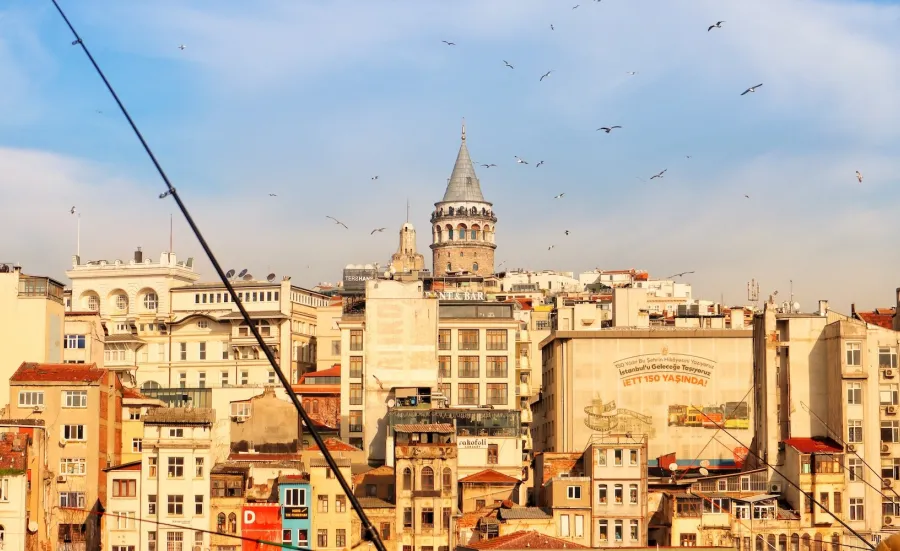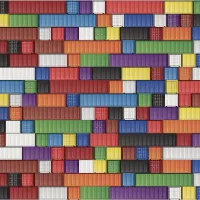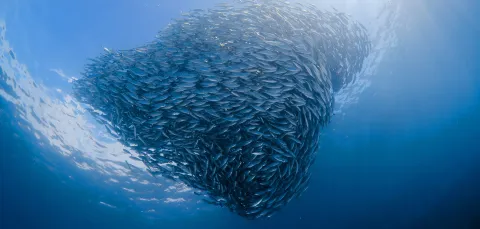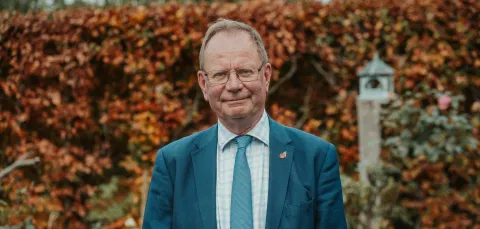Until recently, the 1923 Lausanne Treaty that ended war in Turkey and Greece was getting more interest from nationalists than academics. A project led by Southampton historian Professor Jonathan Conlin has helped young people to question the myths.
As we approached the 2020s, Professor Jonathan Conlin was struck by a collective sense that we had finished marking the First World War's centenary. There had been a number of scholarly projects on the 1919 Treaty of Versailles but a lack of research on the 1923 Lausanne Treaty.
“Whether you look west to Ireland, north to Russia, or east to the Balkans or the Middle East, the idea that peace had broken out in 1918 is ludicrous,” says Jonathan, who has long been interested in Lausanne.
Jonathan made contact with Ozan Ozavci, an academic at Utrecht who shared his view that this part of the so-called 'Greater War' needed more academic attention. The 1922-23 Lausanne Conference brought this broader conflict to an end and reshaped the Balkans and Middle East. The Lausanne Project was born.
Preparing resources to see Lausanne in a new way
“We wanted to help Turks, Greeks, Armenians, Kurds and others to see Lausanne as a shared trauma of imperial collapse,” says Jonathan. In order to do this, they invited other scholars to work with them on materials to spark fresh thinking about Lausanne. These included a Twitter Lausanne Diary, a graphic novel and lesson plans for high school teachers.
The project scholars wanted to help teachers in Turkey and Greece guide pupils to think critically about populist narratives of Lausanne. Such narratives see the treaty as a victory or a loss for this or that nation or ethnic group. So Jonathan applied for funding to create teaching packs with the aim of sparking classroom discussion challenging one-sided versions of the past.
A grant from the Southampton Institute for Arts and Humanities provided the resource needed. University graduate and high school teacher Dr Elena Stevens was able to prepare a set of lesson plans which were trialled in 2 Turkish high schools. They received positive teacher feedback following the trials, which took place in late 2022 and 2023.
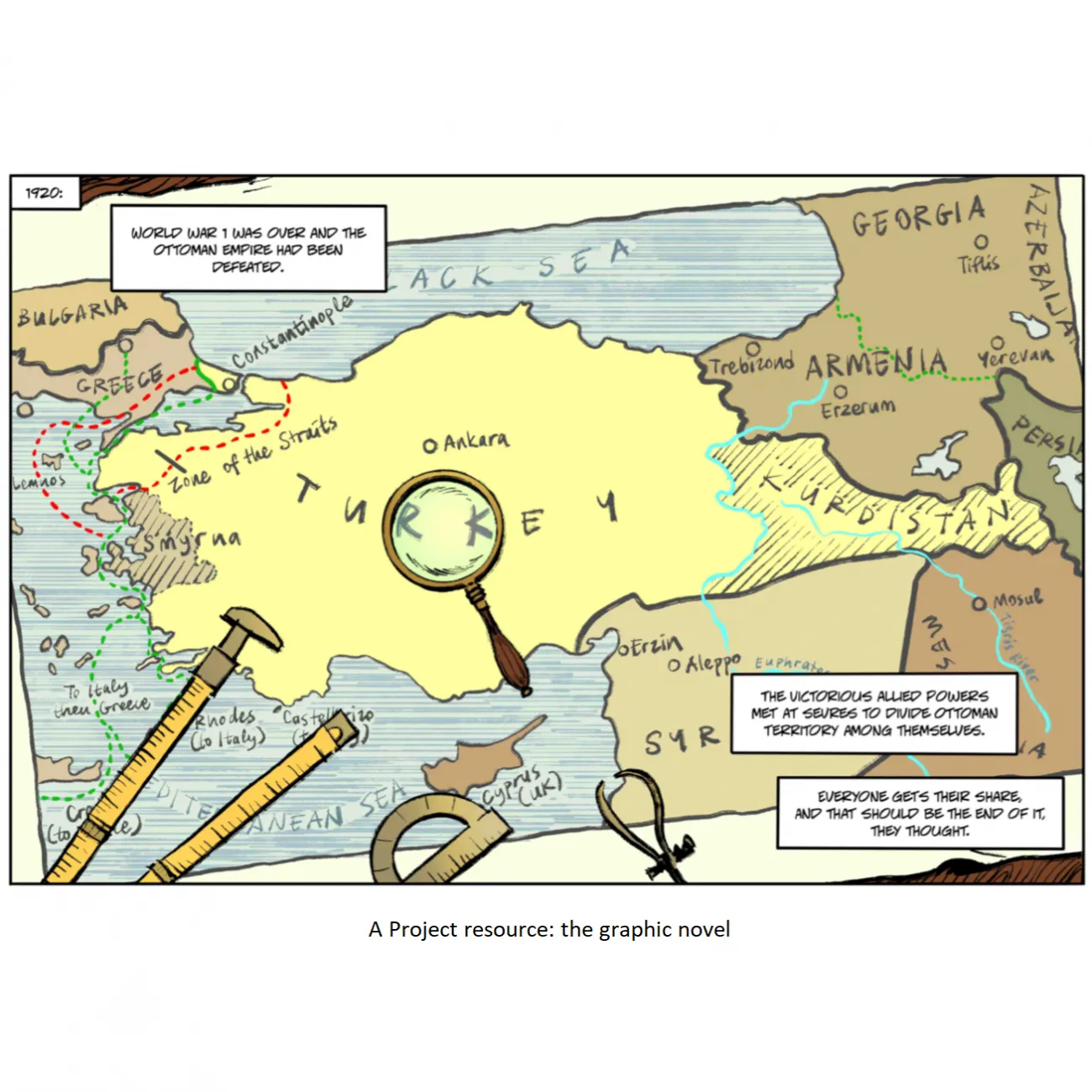
Empowering pupils to reach their own conclusions
One Turkish teacher said that the education system there usually involves the teacher speaking, and the student listening. In contrast, in the lessons using the teaching packs "there was a lot of interaction". The next step, says Jonathan, is to involve more teachers on both the Greek and Turkish side of this shared story.
The Lausanne Project plans a Greek-Turkish workshop, bringing pairs of teachers together in Lausanne to develop teaching activities. The ideas will then be used to develop a second teachers’ pack in both Greek and Turkish.
Jonathan is pleased with the impact the project has had so far. Building a network of researchers and teachers has allowed the Lausanne Project to accelerate a process that normally takes years. “We’ve brought the latest research from the archive to the classroom with unprecedented speed, sometimes before it was even published for fellow academics."
Rather than simply feeding pupils knowledge, however, the lesson plans place an emphasis on the skills needed to sift evidence and reach their own conclusions. Jonathan says: "These skills of questioning what you are told are of crucial importance."
